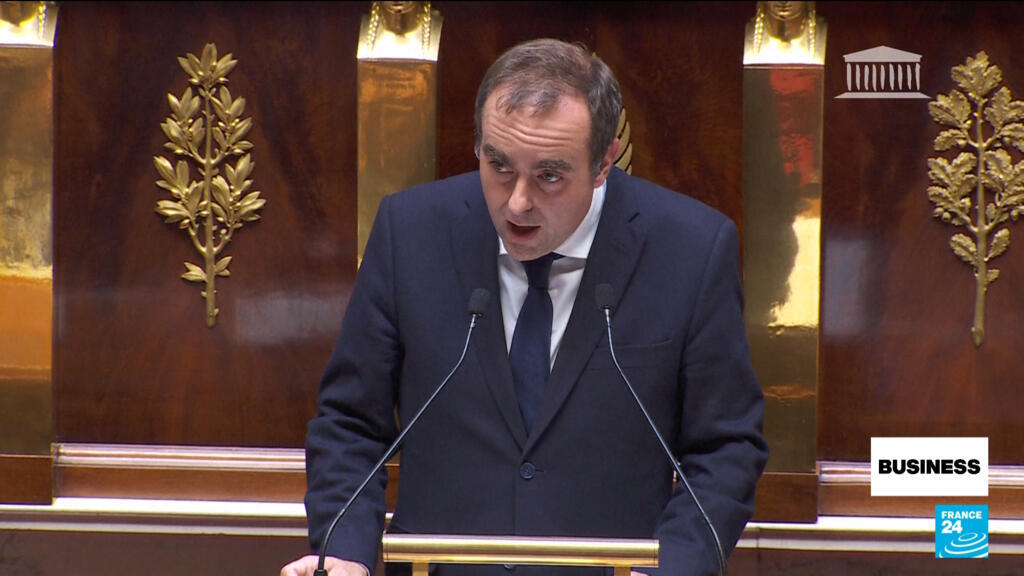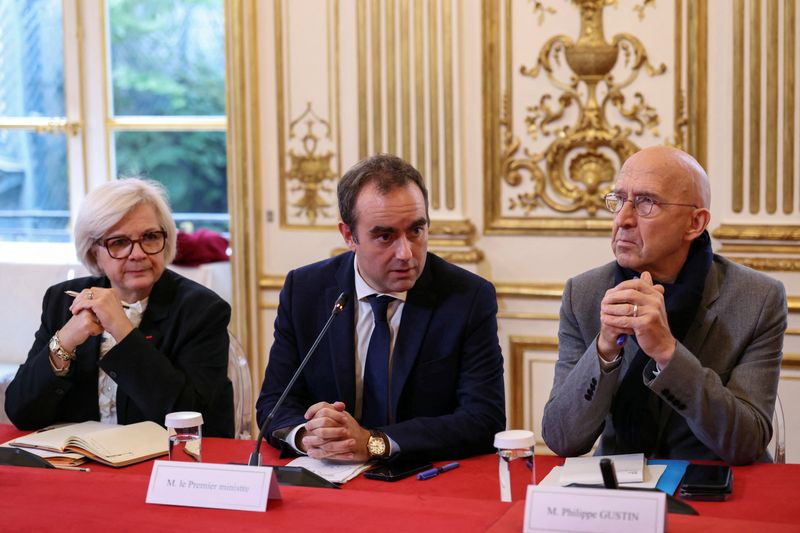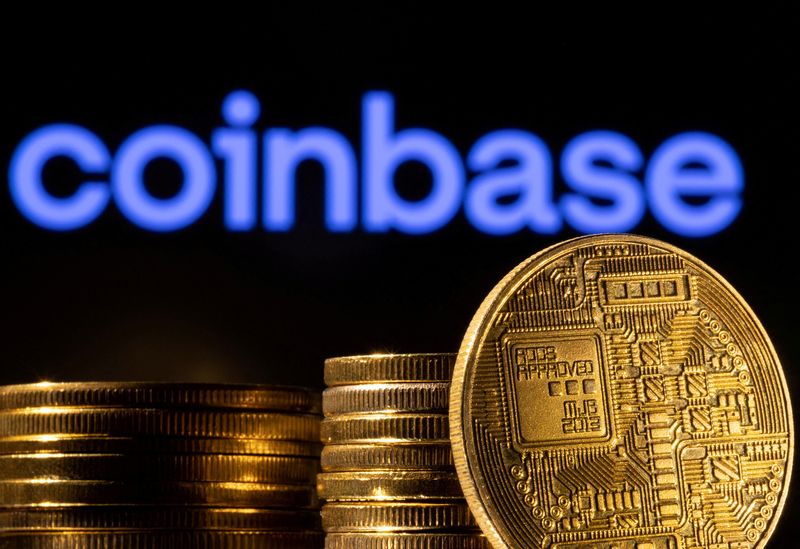French Bond Risk Falls to Four-Week Low on Budget Optimism
PositiveFinancial Markets

French bonds have seen a positive shift, with their risk falling to a four-week low as optimism grows around the government's budget plans. Prime Minister Sebastien Lecornu's proposal to suspend pension reform is seen as a strategic move to facilitate budget approval, which could stabilize the economy and reassure investors. This development is significant as it reflects the government's commitment to fiscal responsibility and could enhance investor confidence in French financial markets.
— Curated by the World Pulse Now AI Editorial System















